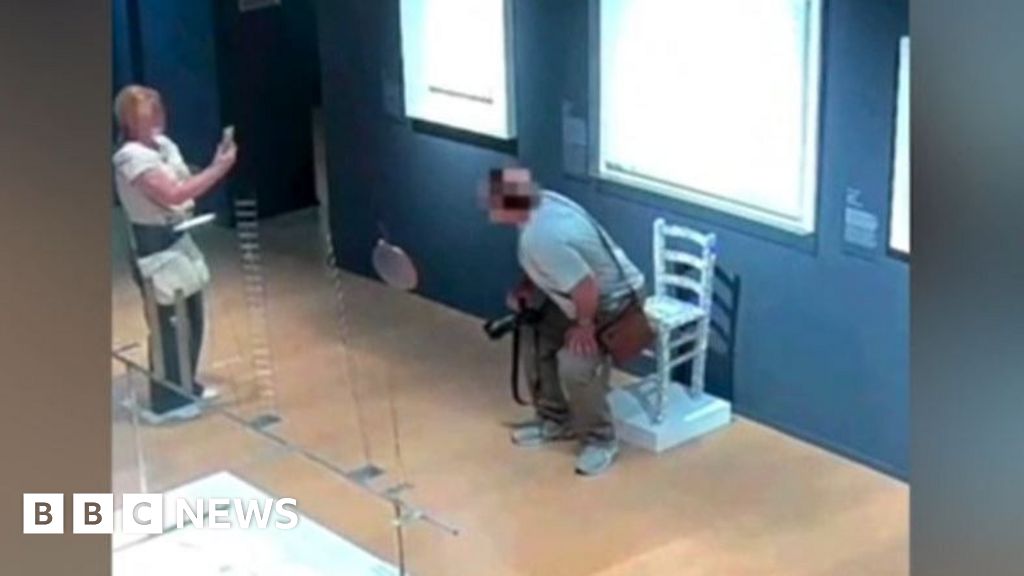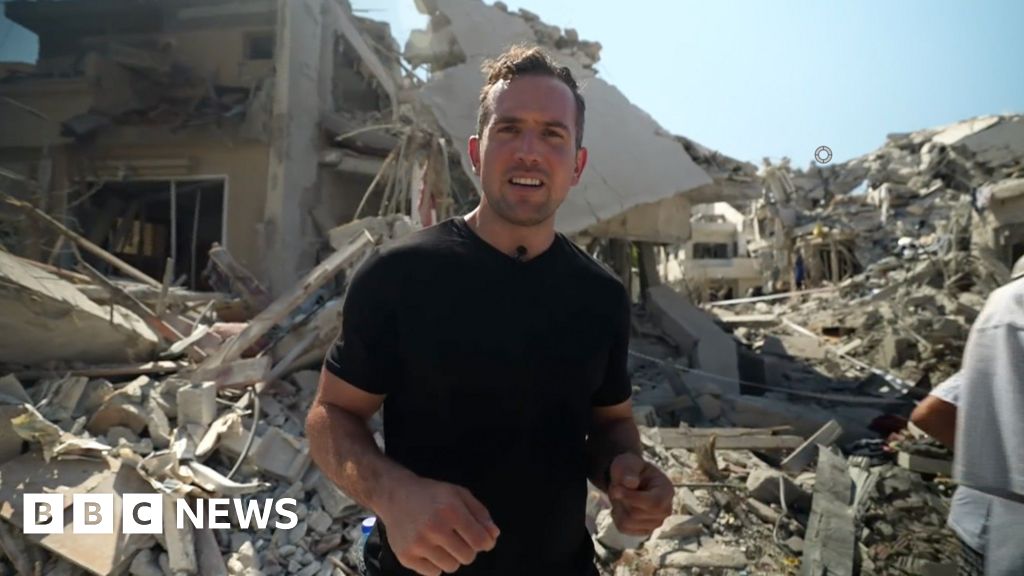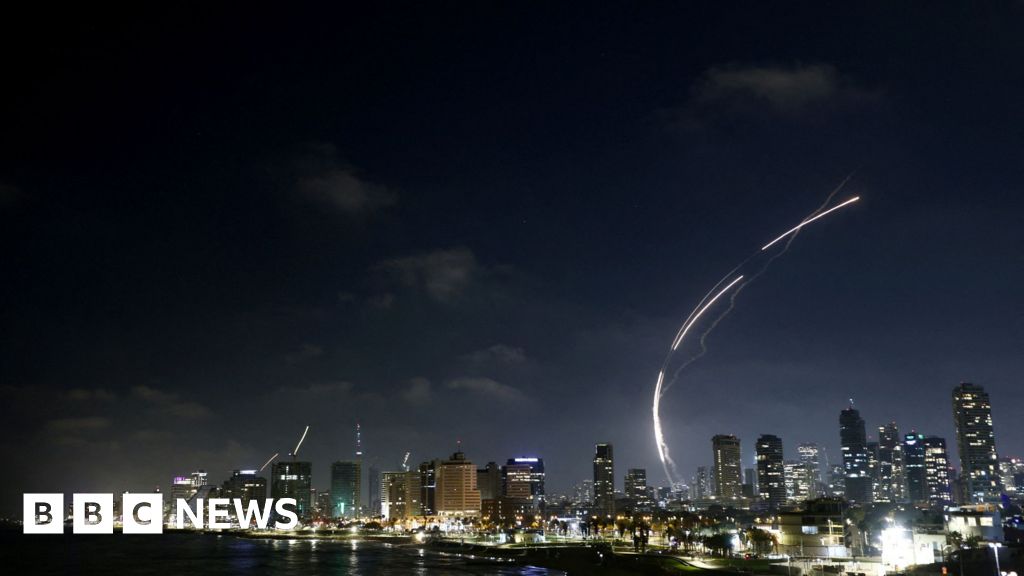ARTICLE AD BOX
Image source, Reuters
Image caption, Assange pictured leaving court in January 2020Lawyers for the US have told the High Court the judge who blocked Julian Assange's extradition was misled by his psychiatrist.
The United States government is starting a legal appeal to try to get the Wikileaks founder extradited.
In January, a court ruled Mr Assange could not be extradited to the US due to concerns over his mental health.
Mr Assange is wanted over the publication of thousands of classified documents in 2010 and 2011.
The US says the leaks broke the law and endangered lives but Mr Assange says the case is politically motivated.
In the appeal against the January decision, barristers for the US said it had given four clear assurances that he would be treated humanely.
The district judge overseeing the USA's extradition appeal at the start of the year said that while publishing on Wikileaks the classified military and government documents that Mr Assange released arguably amounted to a crime, including the disclosure of the identities of Iraqis and Afghan citizens who had helped coalition forces, he could not be transferred to the US because he was unwell and could take his own life.
However, the US team, launching its appeal, said the evidence was wrong and the Wikileaks founder could even serve a prison sentence back home in Australia.
James Lewis QC, representing the US, told the Lord Chief Justice and Lord Justice Holroyde the conclusion reached in January had been wrong on legal and evidential grounds.
Mr Lewis said Mr Assange's psychiatrist had misled the earlier judge and the US had also not been given an opportunity to answer the judge's concerns.
Image source, Reuters
Image caption, Julian Assange's father made his way past a crowd of his son's supporters on his way into courtMr Assange has been held in Belmarsh Prison since 2019 when he was carried out of the Ecuadorian embassy in London by police before being arrested for breaching his bail conditions.
He had entered the embassy in 2012 to avoid extradition to Sweden to face sex offence allegations, which he has always denied and were eventually dropped.
At the outset of Wednesday's proceedings, Mr Assange's legal team told judges their client had been asked not to attend the hearing by video link because he was apparently not well enough to do so.
Later in the morning, Mr Assange chose to attend. He could be seen sitting in a video link suite at the prison, wearing a light coloured shirt and dark tie, with shoulder length hair and a black face mask around his mouth.
Mr Lewis told the High Court that Washington had now given four binding assurances as to how the hacker and activist would be treated:
- The US would not impose a highly restrictive form of solitary confinement on Mr Assange before or after trial - although it could do so if he committed a further offence
- Mr Assange could apply to serve a sentence in Australia and the USA would agree to that transfer
- Prison authorities would ensure Mr Assange would receive "any such clinical and psychological treatment" that prison clinicians recommended
- In addition to this, Mr Assange would also not be sent to ADX Florence, the United States' "supermax" isolated prison, reserved for the worst offenders.
Mr Lewis added: "The assurances are clearing binding on the United States".

 3 years ago
114
3 years ago
114








 English (US) ·
English (US) ·